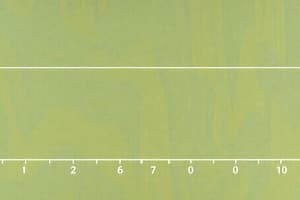Podcast
Questions and Answers
What is the primary goal of physics?
What is the primary goal of physics?
to explain how things move in space and time and understand how the universe behaves
What are the four laws of symmetry and conservation mentioned in the text?
What are the four laws of symmetry and conservation mentioned in the text?
energy, momentum, charge, and parity
What is the branch of physics that helped develop the mathematical field of calculus?
What is the branch of physics that helped develop the mathematical field of calculus?
mechanics
What is the oldest natural science mentioned in the text?
What is the oldest natural science mentioned in the text?
What is the process of computing the amount of an unknown physical quantity using a standard known quantity called?
What is the process of computing the amount of an unknown physical quantity using a standard known quantity called?
What is the branch of science that deals with the structure of matter and the interactions of the universe's fundamental constituents?
What is the branch of science that deals with the structure of matter and the interactions of the universe's fundamental constituents?
What is a fundamental unit and give an example of it?
What is a fundamental unit and give an example of it?
What is a derived unit and give an example of it?
What is a derived unit and give an example of it?
What is the relationship between fundamental units and derived units?
What is the relationship between fundamental units and derived units?
What is the purpose of supplementary units?
What is the purpose of supplementary units?
Give an example of a derived unit that is broken down into multiple units.
Give an example of a derived unit that is broken down into multiple units.
Flashcards are hidden until you start studying




